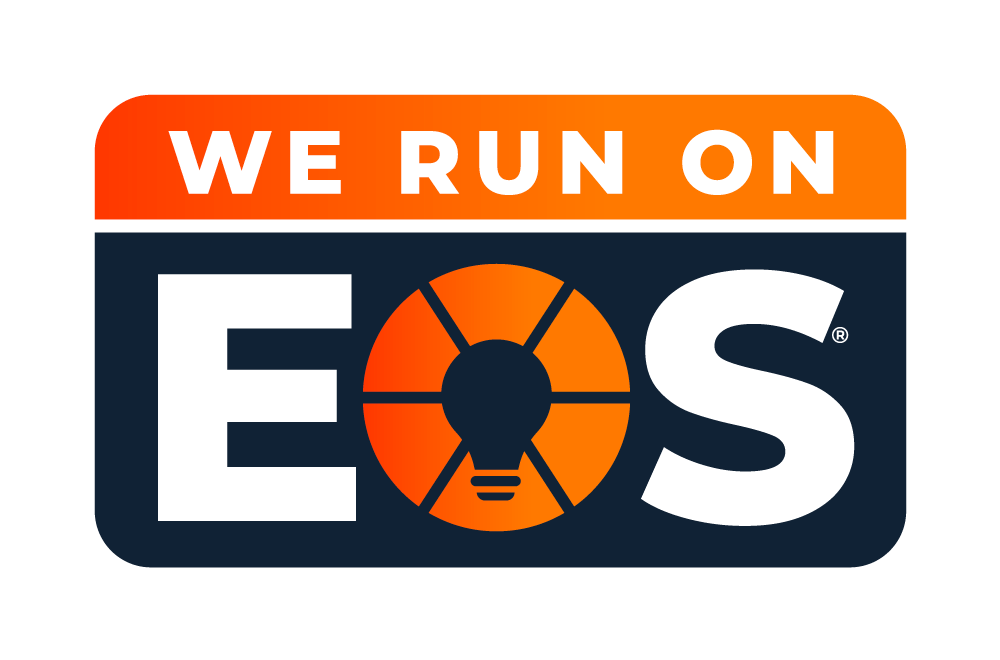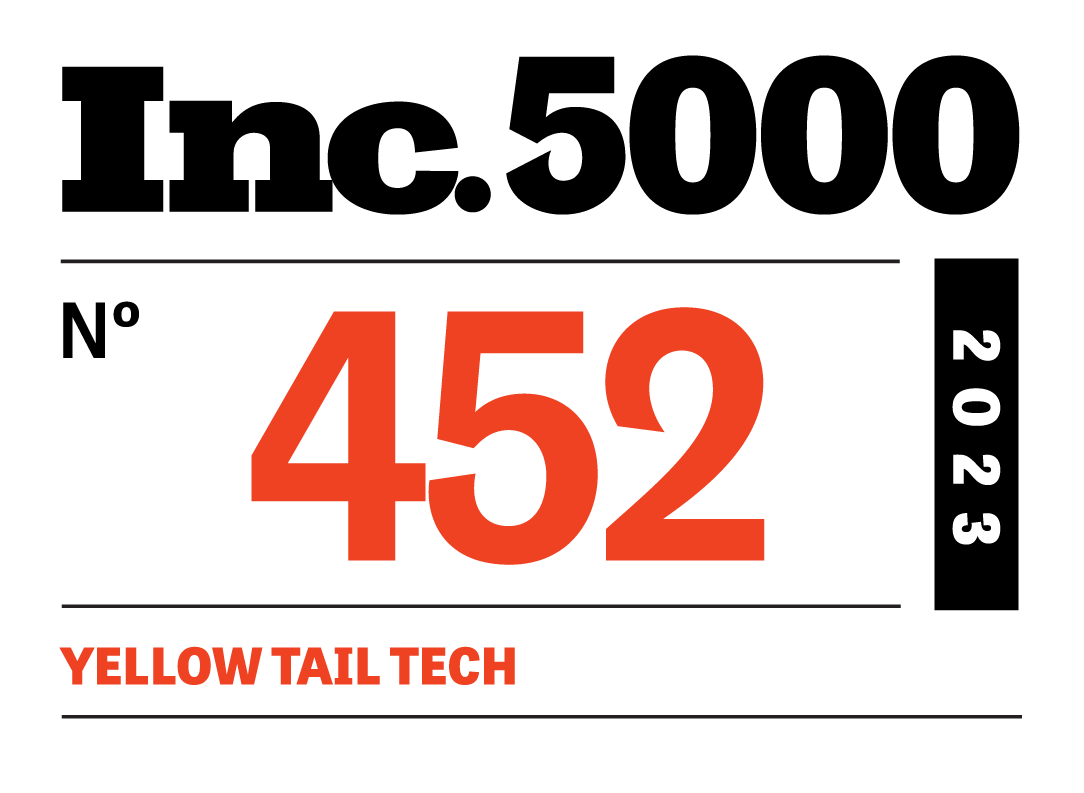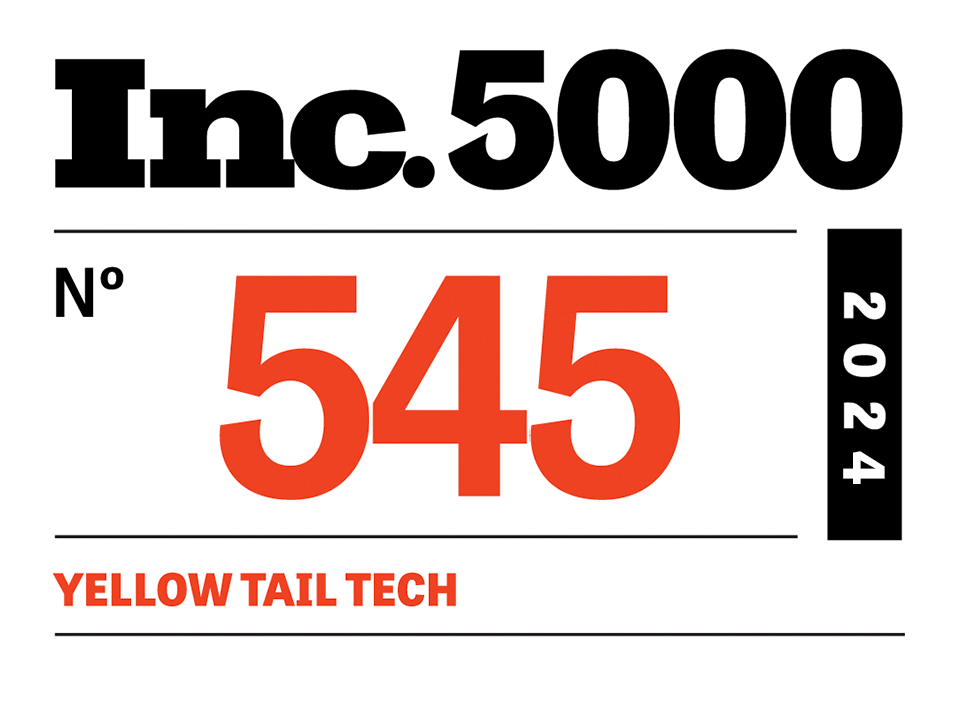Imagine running a business with thousands of workers coordinating perfectly without constant supervision. You can see this happening for the Kubernetes. With over 70% of Fortune 100 companies using it, Kubernetes is making modern cloud computing a breeze, according to the Cloud Native Computing Foundation.
Kubernetes is fast with its updates. It hasn’t been a year since Kubernetes 1.29 Mandala was released, and Kubernetes 1.30 Uwubernetes is already out. That’s not it; Kubernetes 1.31 is already in the making. Are you getting confused? We’ll break down what’s new and next with Kubernetes so you can stay updated.
Overview of Kubernetes
Kubernetes is like the traffic cop of the digital world, directing and managing the flow of information to ensure everything runs smoothly. This surveillance allows businesses to launch, manage, and grow their apps. One important feature is automatic rollouts and rollbacks, which help companies apply changes without disruptions.
Kubernetes also offers self-healing capabilities, which means it can fix problems independently. It also works anywhere—on your local computer, a company data center, or the cloud. So simply put, Kubernetes helps businesses keep their digital services running reliably and efficiently.
Latest Kubernetes Release: v1.30 “Uwubernetes”
Kubernetes launched its new version in May 2024—v1.30, called “Uwubernetes.” This release brings exciting changes that make it better than before. The new version focuses on:
- Security
- Autoscaling
- Cost efficiency
Security improvements are a big deal in v1.30. The new release includes better encryption methods and more robust access controls, making your data safer. Autoscaling is also more advanced. Kubernetes v1.30 can now adjust resources faster and more accurately based on demand, which means your applications will run smoothly during peak times.
When it comes to cost efficiency, v1.30 shines. Businesses looking to save on their tech expenses would be happy to know that these updates help reduce spending on cloud resources by optimizing how we use them.
Additionally, v1.30 introduces several new features:
- Multi-Webhook and Modular Authorization: This feature allows for more straightforward configuration and enhanced security for managing webhooks.
- Preventing Unauthorized Volume Mode Conversion: Ensuring volume security is maintained by preventing unauthorized changes to volume modes.
- Structured Authentication Configuration: Now in beta, this feature improves the management of authentication settings.
- Validating Admission Policy: This feature has reached general availability. It offers improved policy enforcement for better security and compliance.
Upcoming Kubernetes Release: v1.31
Kubernetes v1.31 is on the horizon, and it will be released in August. We expect the new version to improve on the features introduced in v1.30.
The company will enhance security with more refined encryption methods and stricter access controls. Autoscaling will be more efficient, ensuring better resource management during peak times. Cost efficiency is also a key focus, with updates aimed at reducing cloud resource expenses.
Version 1.31 will build on the foundation of v1.30 by improving production readiness and streamlining updates and bug fixes. These enhancements aim to make Kubernetes more reliable and cost-effective for managing applications.
Historical Overview of Kubernetes Releases
Kubernetes first came out in 2014. Google developed it to help manage containerized applications. Since then, it has seen many improvements and new features that over 70% of Fortune 100 companies enjoy. Here are three of the latest versions.
- Kubernetes 1.28: Introduced crucial security updates and enhanced storage capabilities, such as handling node shutdowns and improving storage class assignments.
- Kubernetes 1.29: “Mandala” focused on performance and efficiency, enhancing API request handling and supporting larger clusters.
- Kubernetes 1.30: “Uwubernetes” brought significant changes in security, autoscaling, and cost efficiency. Key features included multi-webhook authorization and preventing unauthorized volume mode conversion.
The purpose of these updates is to make Kubernetes more secure, efficient, and easier to use.
Understanding the Kubernetes Release Cycle
Kubernetes follows a structured release cycle, typically issuing new versions every three months. Each Kubernetes release cycle includes stages like feature planning, development, testing, and final release. That way, new features are thoroughly vetted before they become a part of the stable release.
Now, Kubernetes also comes with extensive patch support and version updates. These are important because they provide security fixes, improvements, and new features, ensuring each version stays reliable and secure.
The Kubernetes community is also an essential part of the process. Developers, testers, and users suggest features, report bugs and test new releases. Thus, the collaborative effort helps maintain Kubernetes’ quality and evolution.
Timeline for Major Releases
- First Release: Kubernetes 1.0 (July 21, 2015)
- Kubernetes 1.8: (September 28, 2017)
- Kubernetes 1.16: (September 18, 2019)
- Kubernetes 1.20: (December 8, 2020)
- Kubernetes 1.25: (August 23, 2022)
- Kubernetes 1.28: (August 15, 2023)
- Kubernetes 1.29 “Mandala”: (December 13, 2023)
- Kubernetes 1.30 “Uwubernetes”: (April 17, 2024)
- Upcoming: Kubernetes 1.31 (August 13, 2024)
Future of Kubernetes Beyond 2024
We expect Kubernetes to continue providing users with new features and improvements. Future versions may include more advanced security options, better AI and machine learning integration, and easier resource management. According to discussions on Reddit, Kubernetes could also see deeper integration into hardware and firmware.
Kubernetes trends and industry developments will play a pivotal role in shaping the future of Kubernetes. As more companies adopt cloud-native technologies, their feedback will guide development. Bijit Ghosh on LinkedIn predicts that Kubernetes will remain vital due to its flexibility and scalability.
Like how Linux revolutionized operating systems, Kubernetes does the same for cloud computing. These capabilities make it an essential tool for IT professionals. Programs like “Lnx for Jobs” by Yellow Tail Tech can help individuals gain the skills needed to work with these technologies, ensuring they stay relevant in the job market.
Platform Engineering notes that Kubernetes will remain in use for the next 50 years due to its robust ecosystem and strong community support. This ongoing development promises a bright future for Kubernetes and its users.
Looking Forward
Kubernetes is constantly evolving. The latest releases and upcoming updates show a steady pace of innovation. Future versions feature increased security, more AI and machine learning integration, and easier resource management. According to Reddit discussions, we might see deeper hardware and firmware integration.
The community and industry developments will shape Kubernetes trends. Much like Linux revolutionized operating systems, Kubernetes is transforming cloud computing. Stay updated and get involved. Programs like “Lnx for Jobs” by Yellow Tail Tech can help you stay job-ready. Book a 10-minute intro call now.









